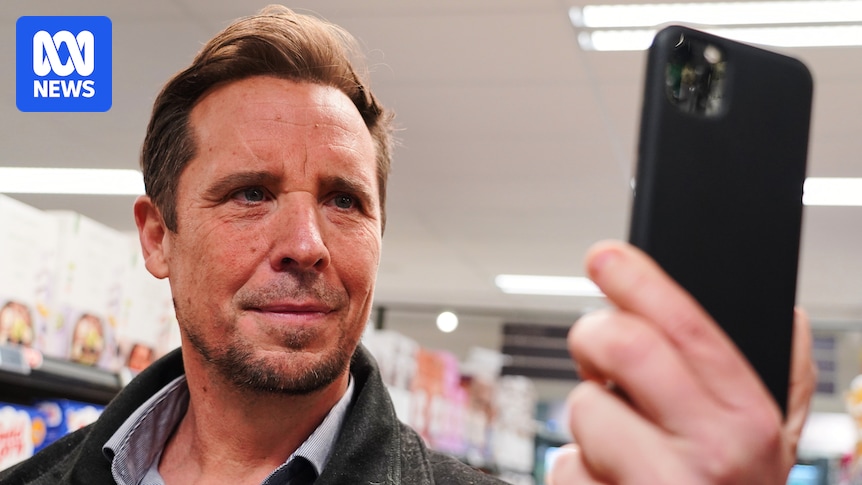
The Australian Government, under Prime Minister Anthony Albanese, has announced a significant investment of $3 million aimed at combating dementia among First Nations people. This funding is part of a collaborative international research initiative involving Australian and Canadian teams. The investment is facilitated through the National Health and Medical Research Council (NHMRC) as part of the 2024 NHMRC-Canadian Institutes of Health Research (CIHR) Canadian Consortium on Neurodegeneration in Aging (CCNA): Indigenous Health Research grant opportunity.
The initiative will see two research teams from Australia and Canada working on three pivotal areas: the primary prevention of Alzheimer’s disease and related dementias, improving diagnosis and treatment to delay or slow disease progression, and enhancing access to quality dementia care for First Nations people and their care partners.
Addressing a Growing Health Challenge
Dementia Australia estimates that 433,300 Australians currently live with dementia, a figure projected to rise to 812,500 by 2054. First Nations people are disproportionately affected, experiencing dementia rates 3-5 times higher than the general population. This alarming statistic underscores the necessity of targeted research and intervention.
The Albanese Government’s commitment to investing in high-quality, collaborative dementia research aims to provide the evidence needed to make informed decisions for prevention, treatment, and quality of life improvements for First Nations individuals with dementia.
Research Leadership and Objectives
Professor Dina LoGiudice from the University of Melbourne is spearheading one of the projects, focusing on developing strength-based approaches for assessing cognitive impairment, dementia, and frailty in culturally sensitive ways. Meanwhile, Associate Professor Kate Smith from the University of Western Australia will lead efforts to create community-informed resources to improve healthcare accessibility and quality for First Nations people globally.
This joint venture is expected to foster increased collaboration between First Nations researchers and communities in both Australia and Canada. The NHMRC funding will support the Australian component, while the Canadian research partners will be funded by CIHR.
Expert Insights and Collaborative Efforts
Assistant Minister White emphasized the government’s dedication to innovative health and medical research, stating,
“The Albanese Government is committed to investing in innovative health and medical research that contributes to better health outcomes for First Nations communities. Projects funded today will help combine First Nations knowledge systems with state-of-the-art clinical research and care.”
Professor Dina LoGiudice highlighted the project’s unique approach, noting,
“This collaborative project between Australian and Canadian academics aims to reimagine how frailty is measured in people living with dementia, with a focus on First Nations perspectives and wellbeing.”
She further explained that the research model draws on Indigenous teachings such as the Two-Row Wampum, promoting peaceful sharing and mutual cooperation.
Associate Professor Kate Smith added,
“Elders are the integral knowledge holders for community. This collaboration builds on a long-standing highly productive partnership between Canadian and Australian Indigenous researchers in Elders’ brain health.”
She stressed the urgent need for communication and culturally safe practice resources for health professionals working with older Indigenous peoples.
Implications and Future Directions
This initiative represents a significant step forward in addressing the health disparities faced by First Nations communities. By integrating Indigenous knowledge systems with cutting-edge research, the projects aim to create a more inclusive and effective approach to dementia care.
The collaboration is expected to yield immediate benefits for First Nations health organizations in both countries, providing new tools and insights into dementia care. Additionally, the project offers valuable opportunities for Indigenous postgraduate and early career researchers to build connections with their Canadian counterparts.
As the research progresses, the findings will likely influence policy and practice, contributing to the broader goal of Closing the Gap in health outcomes for Indigenous Australians. The international partnership underscores the importance of cross-cultural collaboration in tackling global health challenges.







